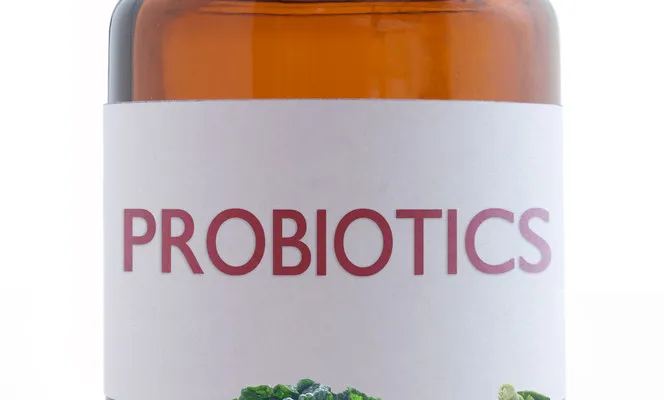I recommend probiotics to my patients when I put them on antibiotics, however, are they good beyond that use or for daily use? Here is an article for my patients who suffer with this dilemma. Probiotics are the live microorganisms that offer a health benefit, when the right ones are taken in adequate amounts. Prebiotics are ingredients that help probiotics to grow. Lactobacillus, Bifidobacterium and Saccharomyces are the three most-commonly used and widely studied probiotic species. Best way to eat probiotics is to use probiotic rich foods like yogurt that contains Lactobacillus and Streptococcus. Please make sure the label specifically reads “live cultures”. Other dairy products rich in probiotics are buttermilk, certain cheeses and Kefir. Examples of nondairy probiotic-rich foods are sauerkraut (fermented cabbage), miso, pickles, etc. Oats, bananas, garlic and onions are some of the examples of prebiotics. If you are purchasing probiotic supplements from store, make sure it contains at least Lactobacillus and Bifidobacterium strains. And contains at least 1 billion to 3 billion colony forming units for daily use. Probiotics are useful in treating infectious diarrhea caused by Clostridium difficile. Clostridium difficile is typically caused by an antibiotic that wipes out the normal microorganisms in your gut. Probiotics helps to restore those normally found gut microorganisms. Other diseases where probiotics have shown some benefit is inflammatory bowel disease and irritable bowel disease. Probiotics are also known to reduce the duration of upper respiratory infections. However, Probiotics are not helpful at all in prevention of food allergies. If you have a suppressed immune system, such as patients with immune deficiencies, HIV/AIDS, organ transplant recipients, and people taking immunosuppressive drugs or chemotherapy, its advisable to stay away from probiotics.


